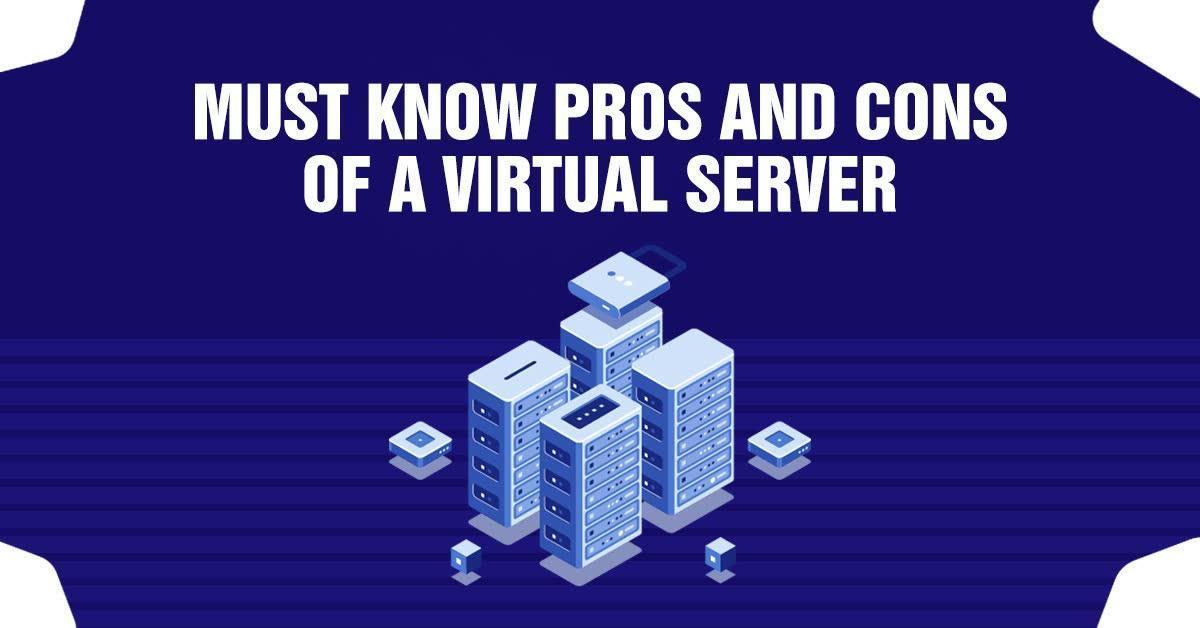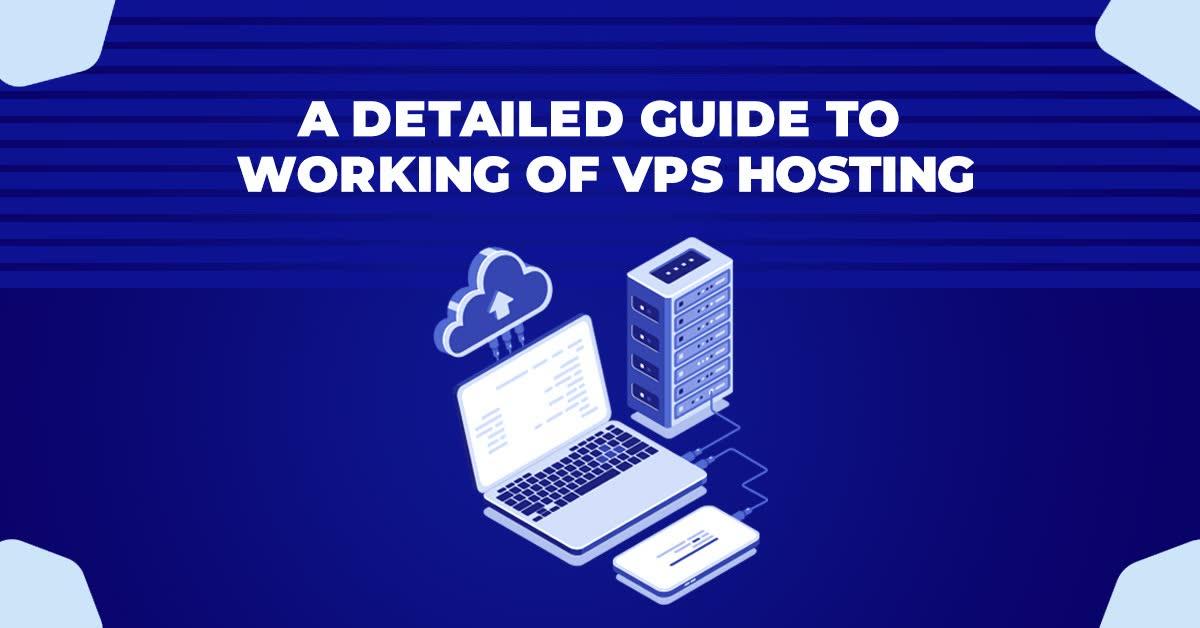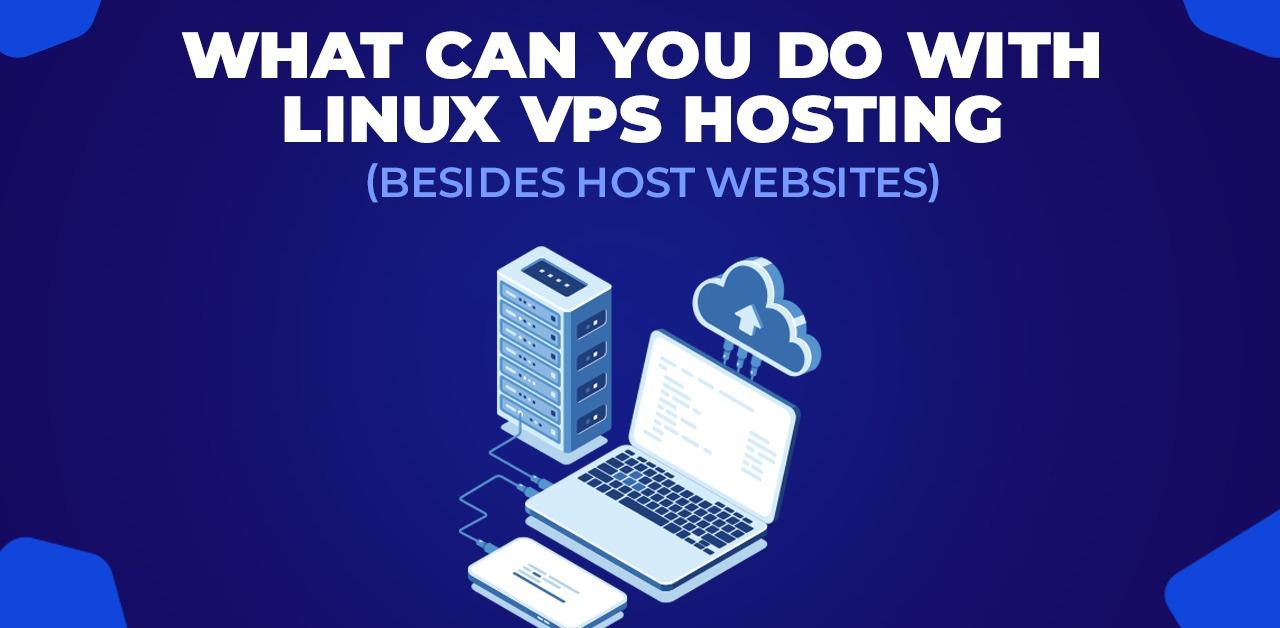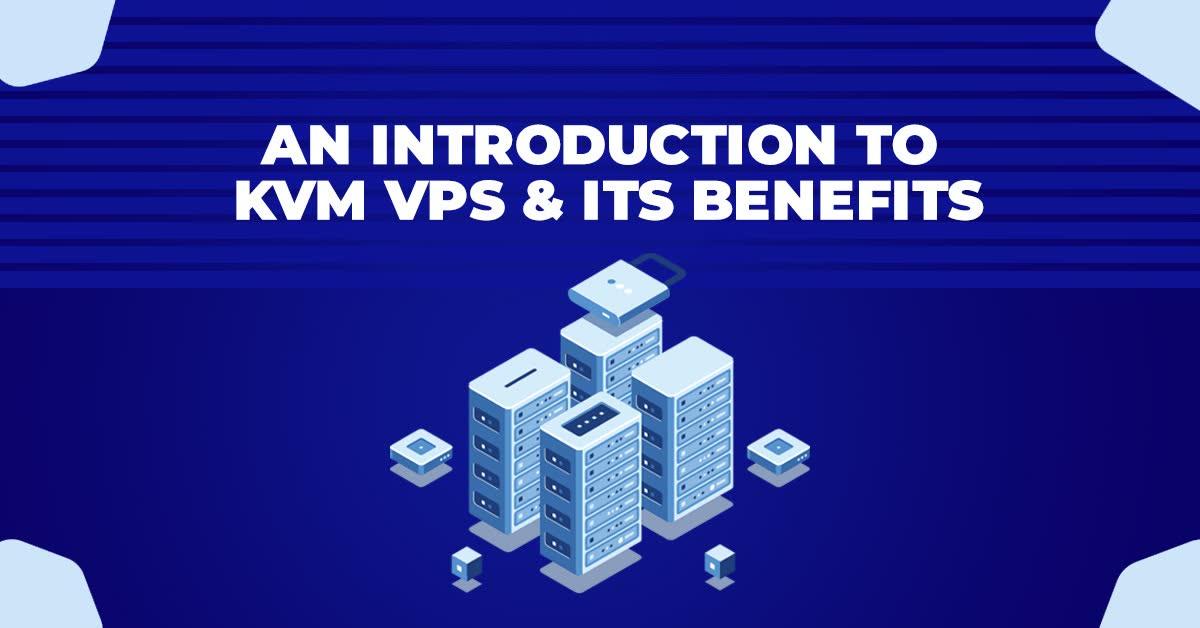Must Know Pros And Cons Of A Virtual Server
In recent years, virtual servers have become an increasingly popular choice for businesses of all sizes. Here we will explore the pros and cons of virtual servers and discuss some of the key factors to consider before making the switch. In this paragraph, I will discuss the importance of virtual servers. By isolating an application or service on a virtual server, you can improve security and manage infrastructure more effectively. You can also scale your infrastructure more easily, as you can add or remove virtual servers as needed.
Virtualization may be a familiar word that you might have heard a lot, in recent years. In fact, nearly 92 percent of companies or businesses have some form of virtualization inside their IT (Information technology) infrastructure. You probably already use virtualization to some extent in your own business process. But what virtualization actually means in the context of server or hardware hosting? What does a virtual server mean? How are they different from a physical dedicated server and most importantly which one is right for you?
What Are Virtual Servers?
A virtual server also known as the Virtual Private Server (VPS) or virtual machine (VM), runs on a physical computer, which is a standard physical system with computing resources such as hard drives, RAM, GPUs, CPU cores, etc.
A tool called a hypervisor is used to enable virtualization. The hypervisor tool allows administrators to develop and run more than one virtual server on a single physical server. Creating or developing a virtual server is like creating a folder on your computer. It exists as virtual media on a physical computer and provides you with all the functionality that a server might need. Compared to all the physical servers, a virtual server simply shares all the resources of the physical server on which it had been built. It has all the features of a dedicated server like storage units, RAM, CPU cores, and so on, which are allocated accordingly by the hosting service provider.
For example, take a physical server that has 32 GB of RAM, an administrator can easily create multiple servers virtually and each of them will be allocated to this 32 GB memory pool. An admin has the ability to create 2 Virtual Machines with RAM (16 GB) each, 8 Virtual Machines with 4 GB RAM each, 3 Virtual Machines with 8 GB RAM each, and 8 GB remaining, and this goes on. Simply just think of a virtual building as a physical server, and each of the individual apartments is assigned to a single user – a virtual server. The building’s functions will be shared by everyone, though the space is private.
Virtual Server And Dedicated Server
One of the major advantages of owning a virtual server is the feature of scalability. As virtual servers are only assigned from the physical server, they can be modified, created, and destroyed at any time. You can buy a virtual server and start using it in minutes.
Assets are allocated to the virtual server based on their requirements, so this is why it is very flexible. You can start with a virtual server that has 8 GB of RAM and increase the RAM to 12 GB in real time without adding any physical components. It’s just about your hosting provider abstracting and allocating more resources from the collection.
This is ideal for businesses that are still starting out on a small scale to mid-scale but may expand online in the days to come. You do not have to invest in additional resources right from the start in expectation of growth like you would in the case of a dedicated server.
Virtualization allows you to access additional resources along the way. It also ensures that you only pay for what resources you use, making virtual servers more cost-efficient than other dedicated servers. Moreover, virtual servers are portable, meaning they can be instantly transferred from one physical server to another without the need for physical work. This gives you the liberty to change vendors or hosts without having to worry about the migration process.
Pros And Cons Of Virtual Servers
Pros Of Virtual Servers
- Pay only for what you use
You only pay for the features you use, making it much more budget-friendly compared to buying a dedicated server.
- Scalability of server resources
Virtual servers are super flexible and scalable. As your business grows, you can increase or decrease resources as you need. You can even automate resource allocation so they are automatically applied based on the load and traffic they possess.
- Easy recovery in the event of a disaster or attack
Recovering a virtual machine (VM) in the event of an attack or disaster is way easier. Virtual servers also allow you to develop backup snapshots that you can revert to if needed.
Cons Of Virtual Servers
- Not as powerful as a dedicated server
Various virtual servers work on one physical server and also share their properties. This could also result in performance degradation when compared to that of a dedicated server.
- Limited to available resources
Your selections are inadequate to what is available on the physical computer. For example, though you can choose how much you want to use, you may not be able to choose the brand of GPU or processor which you really prefer.
- Not ideal for large e-commerce businesses or IT agencies
Meanwhile, virtual servers are still hosted on the shared server, they will not be adequate to support the online requirements of large companies serving millions of employers and multiple sites.
Verdict: What’s Best For Your Business
Finally, it all comes down to what your business or organization needs. Virtual servers are comparatively more affordable but they are not able to provide enough features that are required by large companies or corporations. Whereas, on the other hand, dedicated servers offer more liberty and property, but are much more expensive when compared to virtual servers.
If you think that your business needs consistently high performance for multiple applications and sites consider purchasing dedicated servers. However, if you want excellent performance for your SMBs with the ability to scale as needed, all without breaking the bank, go for a virtual server.






































